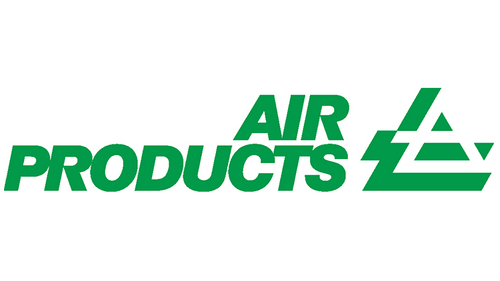Sky Harvest Carbon, the Dallas-based carbon credit project developer, is preparing to sell credits from its first project, roughly 30,000 acres of forest in the southeastern US, while looking toward its first equity raise in 2024, CEO and founder Will Clayton said in an interview.
In late 2024 the company will seek to raise between $5m and $10m in topco equity, depending on the outcome of grant applications, Clayton said. The company is represented by Scott Douglass & McConnico in Austin, Texas and does not have a relationship with a financial advisor.
Sky Harvest considers itself a project developer, using existing liquidity to pay landowners on the backend for timber rights, then selling credits based on the volume and age of the trees for $20 to $50 per credit (standardized as 1 mtpy of carbon).
The company will sell some 45,000 credits from its pilot project — comprised of acreage across Virginia, North Carolina, Louisiana and Mississippi – in 2024, Clayton said. The project involves 20 landowners.
Clayton, formerly chief of staff at North Carolina-based renewables and P2X developer Strata Clean Energy, owns a controlling stake in Sky Harvest Carbon. He said he’s self-funded operations to date, in part with private debt. The company is also applying for a multi-million-dollar grant based on working with small and underrepresented landowners.
“There’s a wall of demand… that’s coming against a supply constraint,” Clayton said of companies wanting to buy credits to meet carbon reduction goals.
Sky Harvest would be interested in working with companies wanting to secure supply or credits before price spikes, or investors wanting to acquire the credits as an asset prior to price spikes, Clayton said.
“Anybody who wants to go long on carbon, either as an investment thesis or for the climate benefits to offset operational footprint, it’s a great way to do it by locking supply at a low cost,” he said.
A novel approach to credit definition
Carbon credits on the open market vary widely in verifications standards and price; they can cost anywhere from $1 to $2,000.
“There’s a long process for all the measurements and verifications,” Clayton said.
There are many forestry carbon developers paying landowners for environmental benefits and selling those credits. Where Sky Harvest is unique is its attempt to redefine the carbon credit, Clayton said.
The typical definition of 1 mtpy of CO2 is problematic, as it does not gauge for duration of storage, he said. Carbon emitted into the atmosphere can stay there indefinitely.
“If you’re storing carbon for 10, 20, 30 years, the scales don’t balance,” Clayton said. “That equation breaks and it’s not truly an offset.”
Sky Harvest is quantifying the value of carbon over time by equating volume with duration, Clayton said.
“If you have one ton of carbon dioxide going into the atmosphere forever on one side of the scale, you need multiple tons of carbon dioxide stored on the other side of the scale if it’s for any time period other than forever,” he said, noting that credit providers often cannot guarantee that the protected trees will never be harvested. Sky Harvest inputs more than 1 ton per credit, measured in periods of five years guaranteed storage at a time. “We compensate for the fact that it’s not going to be stored there forever.”
Monitoring protected land is expensive and often difficult to sustain. Carbon markets work much like conservation easements, but those easements often lose effect over time as oversight diminishes (typically because of staffing or funding shortages at the often nonprofit groups charged with monitoring).
“That doesn’t work in any other industry with real physical commodities,” Clayton said. “The way every other industry works is you pay a fund delivery. That’s our measure-as-you-go approach.”
A similar methodology has been put forward by the United Nations and has been adopted in Quebec, Clayton said.








